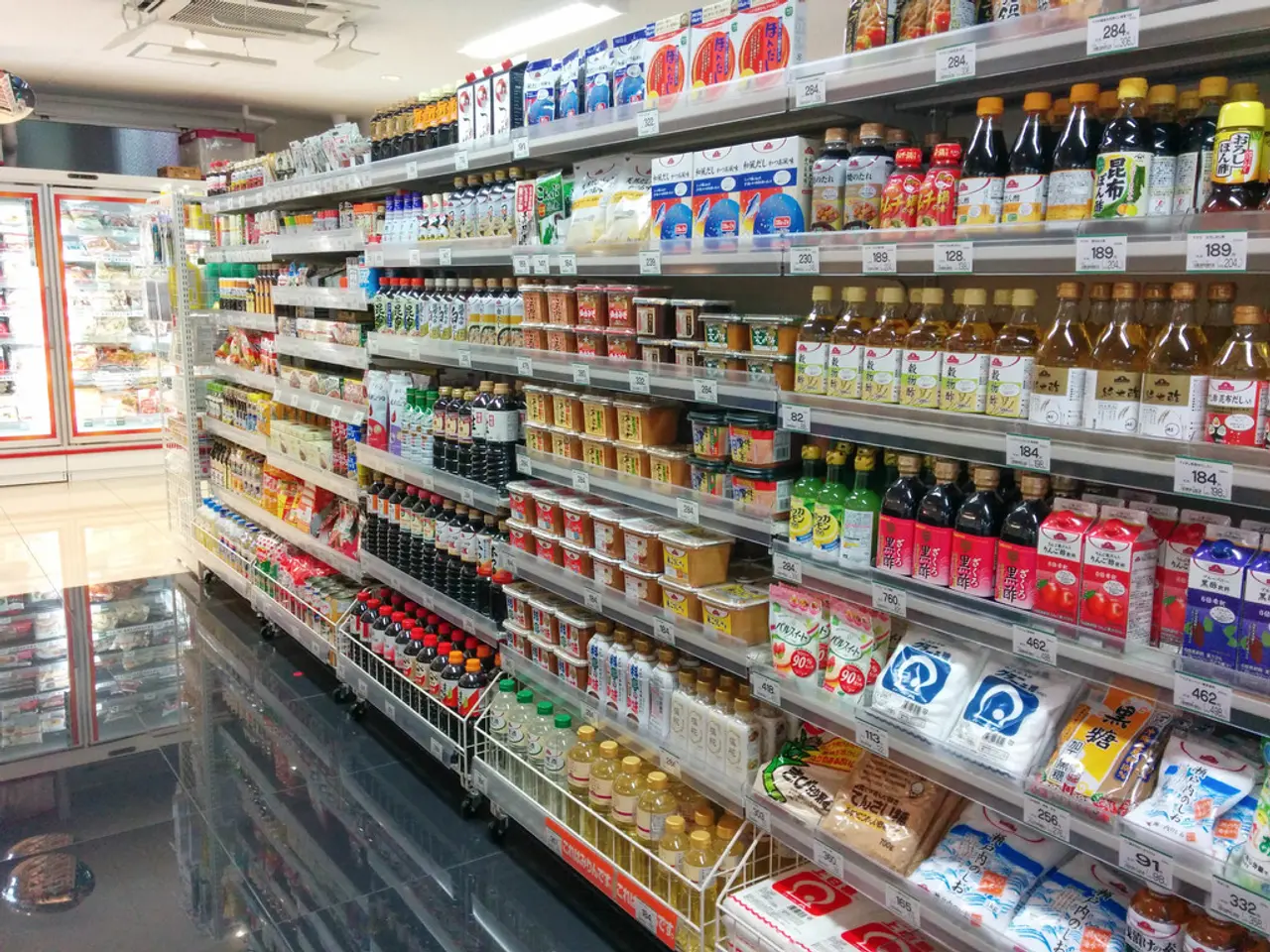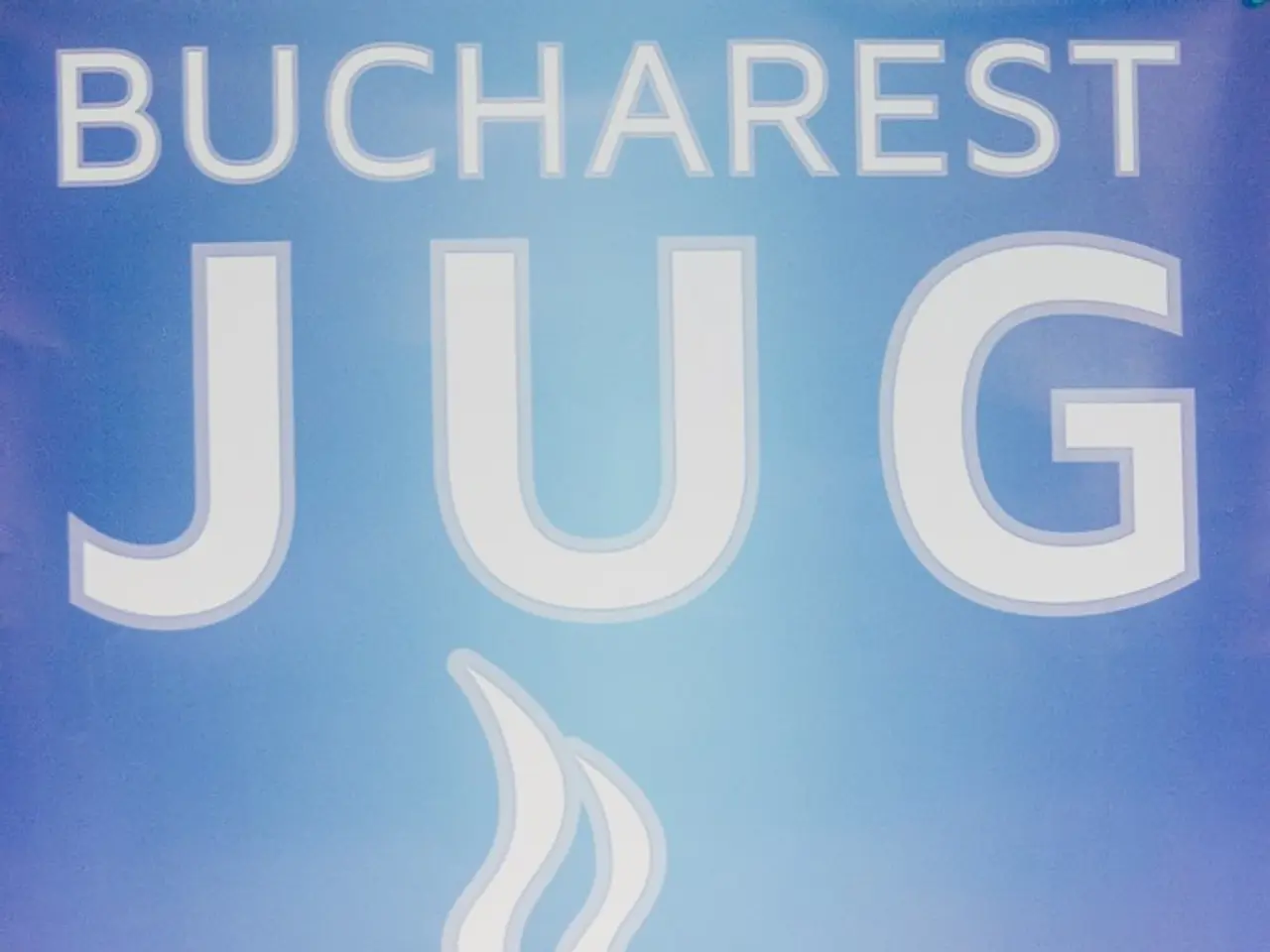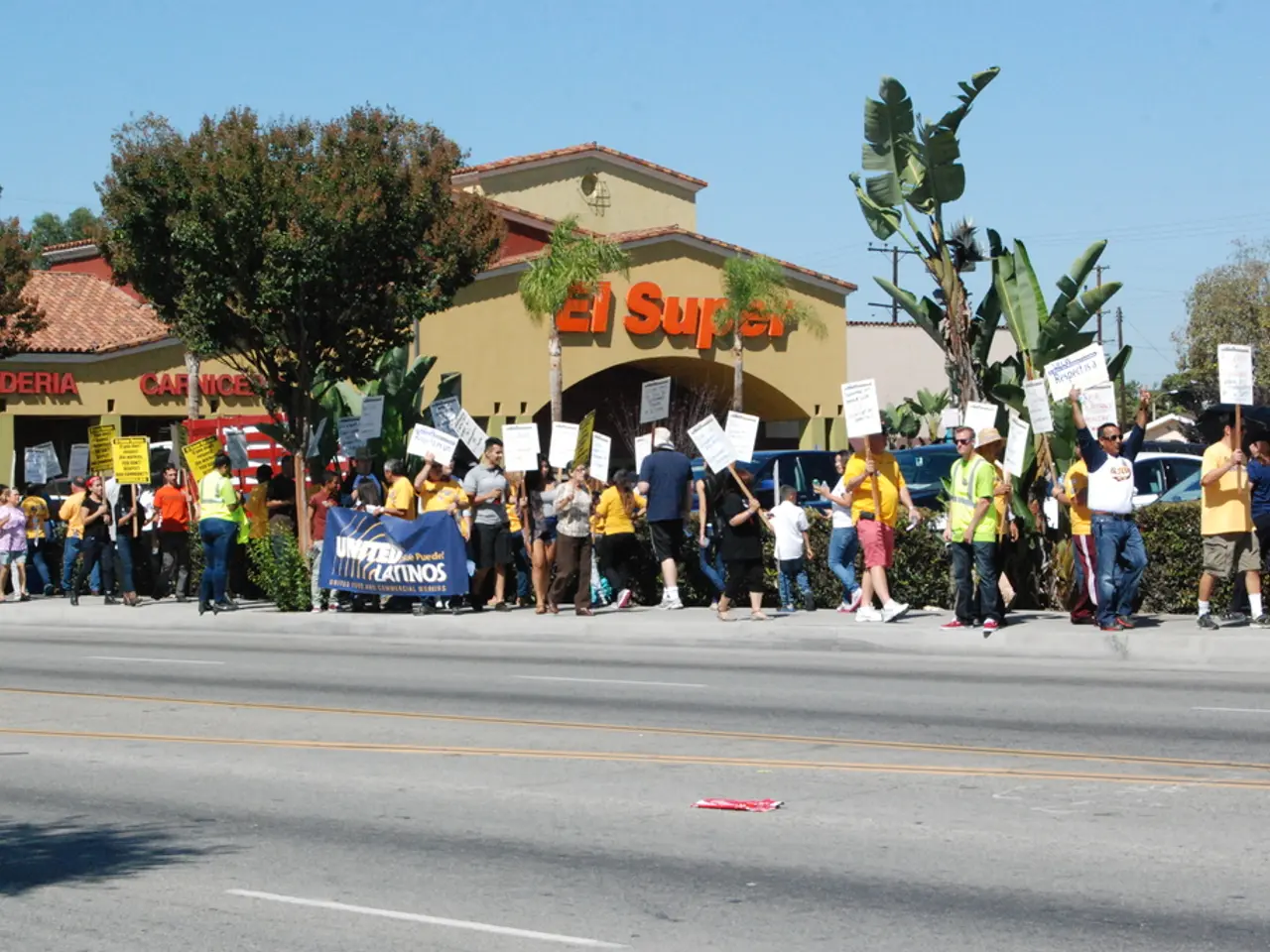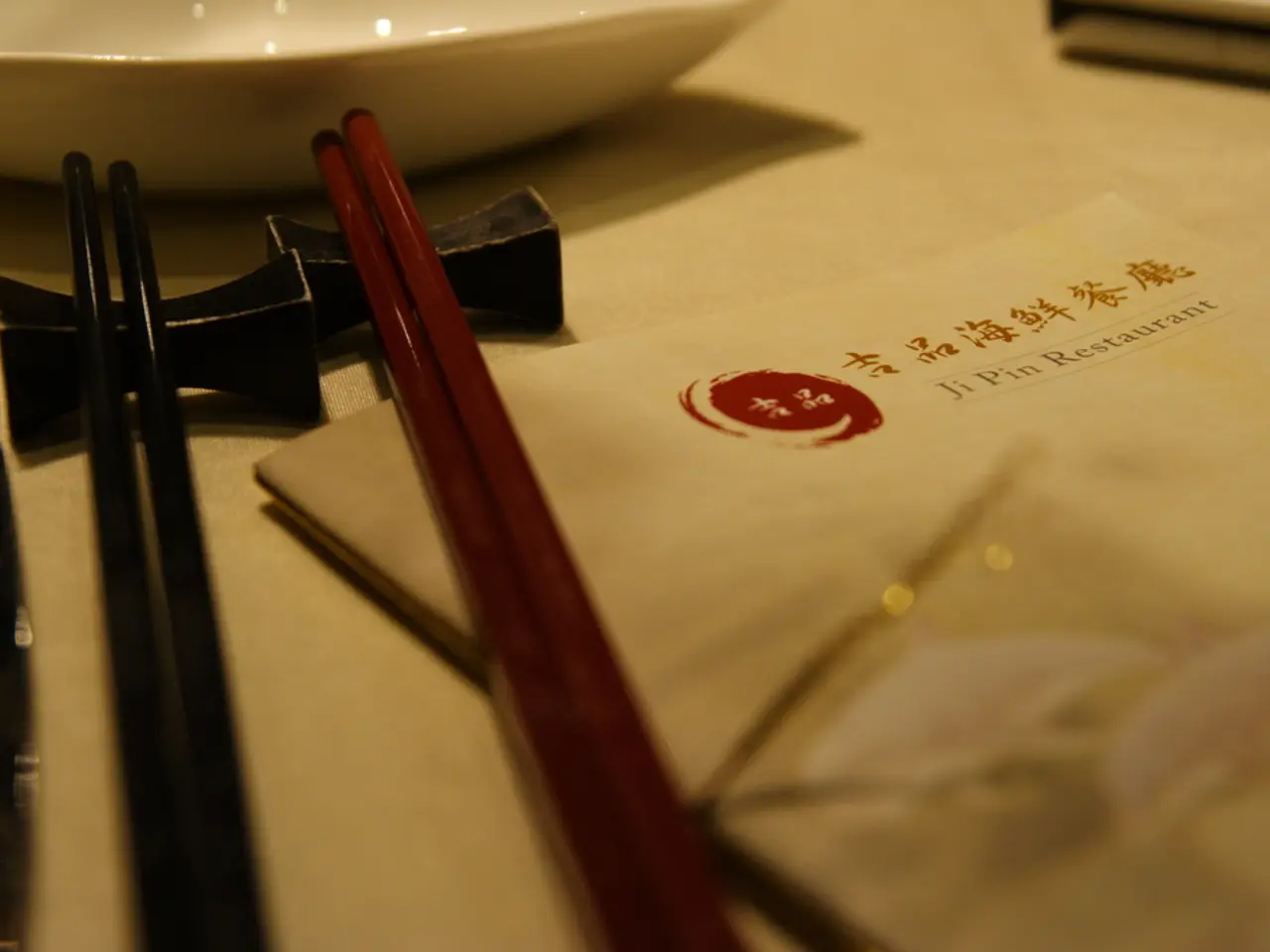Struggles of fast-food behemoths Cafe de Coral and Fairwood amid economic slump explained.
In an unexpected turn of events, Hong Kong's largest fast-food chains, Cafe de Coral and Fairwood, are grappling with significant profit drops of nearly 30% each, despite their historical resilience during economic downturns and health crises[1].
The current profit decline can be attributed to several key factors. One of the primary challenges is an ageing customer base that affects the traditional clientele of both chains[1]. The fast-food sector has become more crowded and competitive, eroding the previous advantage these chains held as "inferior goods"—businesses that usually perform better in bad economic times.
Another factor contributing to their struggles is the failure to adapt to digital delivery trends. Unlike many competitors, Cafe de Coral and Fairwood have not fully embraced delivery platforms, causing them to lose market share to more digital-savvy rivals[1]. Changes in consumer habits, including preferences for convenience and diverse food options, are also impacting these traditional fast-food operators[1].
Previously, these chains performed well during downturns because customers traded down from higher-end dining to more affordable options like them. However, the evolving market dynamics and consumer behaviors in 2024-25 have altered this pattern, leading to their biggest profit challenges in over 50 years[1].
In the last financial year, Cafe de Coral Holdings' net profit dropped by 29.6% to HK$233 million, while Fairwood Holdings' net profit fell by 28.8% to HK$36 million[2]. Ageing diners and intense competition from delivery platforms are factors contributing to this profit decline.
Cafe de Coral, founded in 1968, and Fairwood, established in 1972, are facing their biggest challenge in more than half a century. These once resilient players have historically outperformed some mid- to high-tier restaurants during previous recessions, but the combination of demographic shifts, failure to adapt to digital delivery trends, and heightened competition is driving their substantial profit declines despite a weakened economy[1][2].
References: [1] South China Morning Post. (2023, March 1). Hong Kong's Cafe de Coral and Fairwood face their biggest challenge in over half a century. Retrieved from https://www.scmp.com/business/companies/article/3184692/hong-kongs-cafe-de-coral-and-fairwood-face-their-biggest [2] Reuters. (2023, March 1). Hong Kong's Cafe de Coral and Fairwood see profit drops. Retrieved from https://www.reuters.com/business/hong-kongs-cafe-de-coral-and-fairwood-see-profit-drops-2023-03-01/
- The decline in profits for Cafe de Coral and Fairwood can also be linked to shifts in the economy, as consumers prioritize diverse food options and convenience over traditional fast-food choices.
- In the retail sector, digital transformation has played a significant role in the success of competitors, causing a loss in market share for these fast-food chains that have not fully adopted delivery platforms.
- The evolving business landscape, marked by changing consumer preferences, intense competition, and digital delivery trends, has put a strain on both Cafe de Coral and Fairwood, industries traditionally known for their resilience during economic downturns and health crises.




